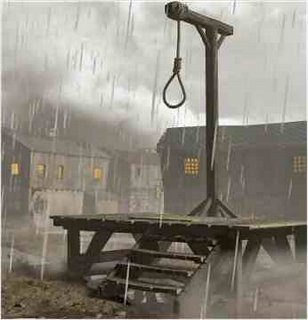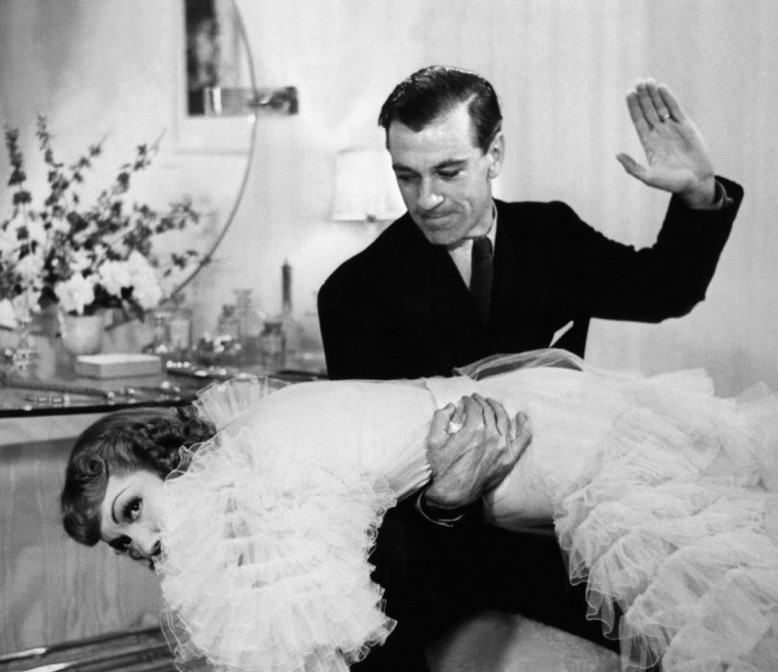We are constantly being reminded that the United States is a representative republic (which it is) as well as being a liberal democracy (which is also true). For the longest time, I’ve had the gnawing suspicion that the two concepts may be antithetical, nay even contradictory, and recent events have proven me correct.
The standard-bearers of the modern liberal democracy have tended towards the “liberal” part of the description, and their modernism has turned liberalism away from its classical roots (the Enlightenment) towards a more baleful and statist, ergo illiberal ethos. It is small wonder, therefore, that this modern liberalism is attacking both the “representative” and even “republic” towards a full democracy, into a government created by a national popular vote instead of a democracy limited by proportional representation. (The sudden popularity of socialism — one of the more repressive governmental systems, is simply indicative of this intent, and the “democratic” prefix attached thereto is, like most of socialism, a figleaf to mask its true purpose.)
It seems clear that if we are to reverse this trend, we need to try to implement an antithetical alternative to the liberal democracy — that antithesis being a conservative democracy, as explained here by Yoram Hazony. I’m pretty sure that few if any conservative small-r republicans will take issue with this principle, for example:
Liberals regard the laws of a nation as emerging from the tension between positive law and the pronouncements of universal reason, as expressed by the courts. Conservatives reject the supposed universal reason of judges, which often amounts to little more than acceding to passing fashion. But conservatives also oppose an excessive regard for isolated written documents, which leads, for example, to the liberal mythology of America as a “creedal nation” (or a “propositional nation”), defined solely by certain abstractions found in the American Declaration of Independence or the Gettysburg Address. Important though these documents are, they cannot substitute for the Anglo-American political tradition as a whole—with its roots in Scripture and the English common law—which alone offers a complete picture of the English and American legal inheritance.
Yes. The famous expression on the Statue of Liberty “Give me your tired, your huddled masses…” etc. is a lovely sentiment, but it is not policy which allows untrammeled immigration, nor does it confer a “right to immigrate to the United States” upon the rest of the world’s populace.
Read the whole thing. It’s really long, but it has to be — overturning a liberal democracy and reverting to a conservative one does not lend itself to bumper-sticker aphorisms so beloved by the Left.
And overturn it we must, in order to return to the proud Anglo-Saxon heritage that is the foundation of our Western civilization.
Afterthought: note the emphasis placed on religion — most specifically, Christian religion — by Hazony. I should point out that I, an atheist, have absolutely no issue with it. I am a conservative first, an atheist second, and I treasure the Christian values of our heritage and their foundation of our culture. That said, the values I treasure are also the traditional aspects of Christianity and not the modern-day travesty they have become. My conservatism is all-embracing.





